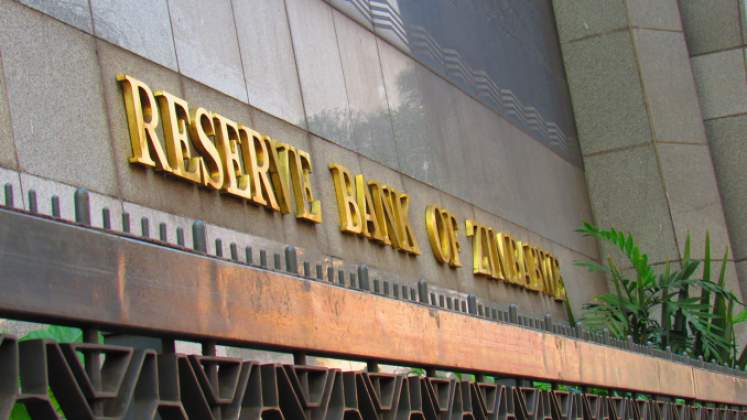The Zimbabwe Coalition on Debt and Development (ZIMCODD) claims the Reserve Bank of Zimbabwe (RBZ) is selling its gold coins at a loss in order to benefit those who are already financially empowered at the expense of the poor.
RBZ issued gold coins in July 2022 in an attempt to stabilise the erratic exchange rate, and both corporate and individual customers rushed to purchase them, as all 1 500 coins issued that week were sold out.
At the time, the local Zimbabwean (ZWL) currency had lost more than 75 percent of its value against the US dollar, and inflation had risen to 196.16 percentage points from 60.74 percent in December 2021 to 256.9 percent in July 2022.
The RBZ then issued additional gold coins.
According to ZIMCODD’s weekly economic review, the introduction of gold coins was a noble idea to deepen financial markets and clamp down on the incessant ZWL decline, as the above statistics demonstrate the intuition behind gold coins was to provide an alternative lucrative asset for value preservation in order to reduce US dollar demand pressures.
However, the social justice watchdog lamented that “selling gold in ZWLs at an overvalued official rate is tantamount to selling the precious yellow metal at a loss thus promoting rent-seeking.”
“For instance, parallel market exchange premiums are currently at over 100 percent. This huge gap allows one to sell a few US dollars in the parallel market to buy cheap RBZ gold coins being sold in fragile ZWLs and later resell them domestically or abroad at competitive global gold prices thereby making riskless profits.”
ZIMCODD said this cycle continues where the rich were easily amassing wealth aided by state institutions while the poor majority continue to be trapped in abject poverty.
“It is therefore the public position that RBZ must stop selling gold at a discount at a time the nation has limited reserves in its vaults. These reserves (foreign currency or gold) are crucial in supporting the volatile local currency, buffer to stabilize the balance of payment position, and use during unforeseen contingencies like climate-induced natural disasters,” noted the social justice watchdog.

